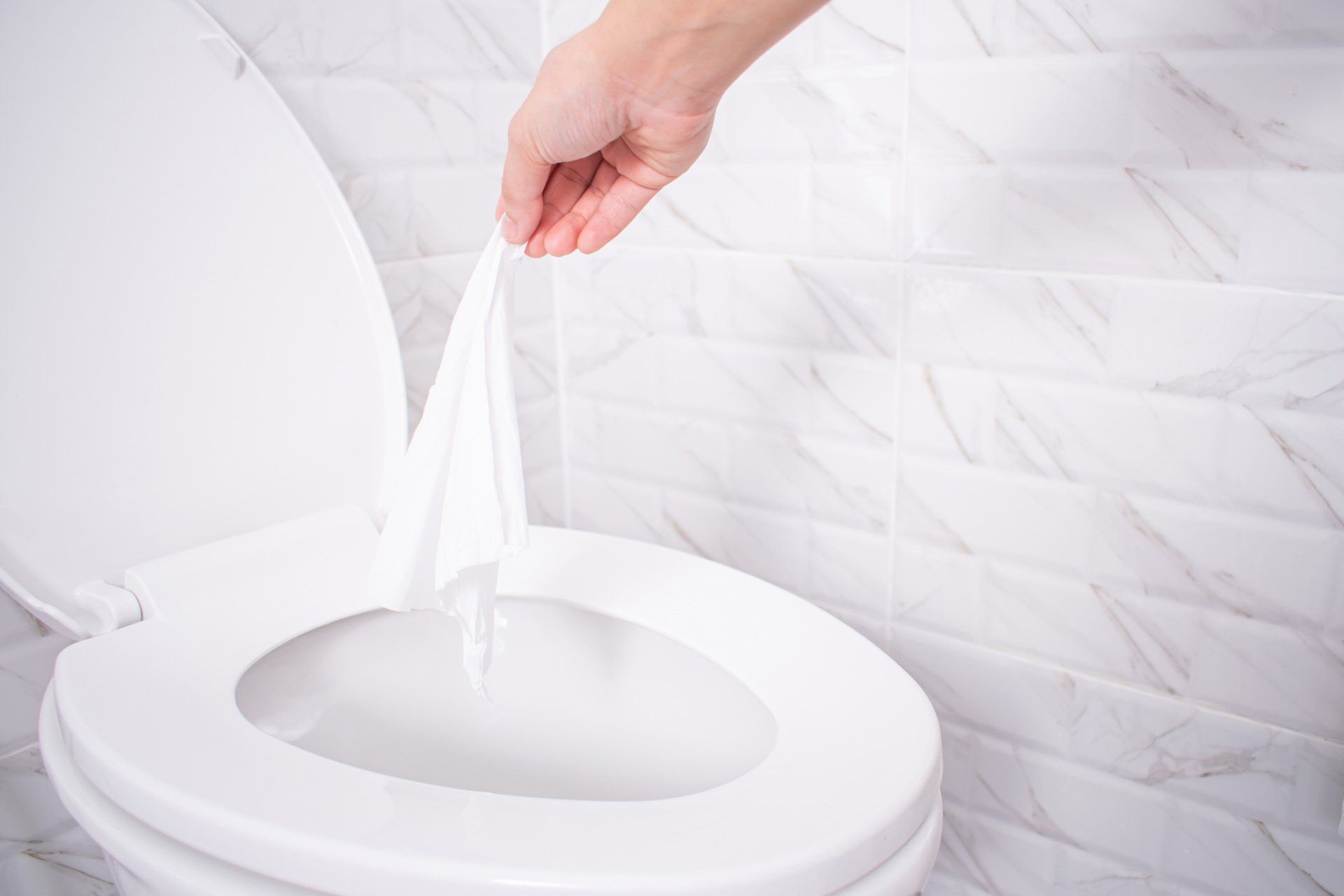Three Ways To Save Money On Your Plumbing
July 1, 2021

Nobody likes having to call a professional plumber to fix a problem that they could have fixed themselves. That’s money that you could have kept for a nice vacation one day, after all, and for something that could have been such a quick fix on your end, it goes without saying that this is not a desirable outcome.
But to be able to save yourself money on plumbing costs, you’ll need to always keep your eyes and ears open for anything out of the ordinary, and not dismiss anything you do detect as harmless, anomalous or something that will work itself out.
Here are three courses of action we recommend you take to save yourself money.
Stop That Water From Running!
We aren’t even talking about letting the shower run for 10 minutes before you step in; that’s an excellent way to run up an enormous water bill, but that requires a conscious act of negligence to turn on the water and leave it on without making any use of it. No, by “stop that water from running!” we mean if you notice a leaky faucet, showerhead, or nozzle that just quietly drips away into the drain, be proactive- do something to stop it. Whether or not you’re not taking an action that tells water to run, namely turning on the water, every drop of water that comes from your property’s plumbing system is accounted for in your water bill. If you ignore a showerhead that continues to drip without the water being turned on, it could cost you in a big way. The first step to take is to make sure that the faucet is turned all the way off- as opposed to 95% of the way off. But if that doesn’t do the trick, it could be a leaky fixture, in which case you should call a professional plumber and get it taken care of- and the sooner the better.
Replace Your Water Heater If it Acts Up
When neglected, a hot water heater could be the source of a lot of problems. Age has a way of causing issues to show up with your water heater, between your hot water coming out as a copper-brown type color (indicating rust), water leaks and irregular sounds coming from it. When you notice such things, a quick repair job could be the end of your problems with your water heater- but if it’s relatively old, it might not be. When in doubt, look at the costs to repair vs. replace your water heater, and if the difference is somewhat negligible, install a new one and put your water heater worries on the back burner.
Take Care Of Your Garbage Disposal
It may appear as though garbage disposals are capable of reducing any matter thrown into them to dust, but the truth is, some items may inflict just as much damage to your garbage disposal. As is the case with your toilet, certain things simply do not belong in your garbage disposal, and if they wind up there anyway, they might be the source of an astonishingly high plumbing bill. No, a single strip of a banana peel may not ruin your garbage disposal- but it absolutely could. Don’t take that chance.
(Footer) Did something happen that shouldn’t have that’s left you in need of professional assistance? Don’t worry, we live and we learn. In the meantime, we’re here to help you this time, so there doesn’t have to be a next time!
You might also like

In today's world, where environmental sustainability is becoming increasingly important, homeowners are seeking ways to make their homes more eco-friendly. While plumbin g may not be the first thing that comes to mind when thinking about energy efficiency, it plays a significant role in creating a greener home. In this blog post, we will explore energy-saving plumbing solutions that can help you reduce water waste, conserve energy, and make your home more environmentally friendly. I. Low-Flow Fixtures: One of the easiest and most effective ways to conserve water is by installing low-flow fixtures throughout your home. Low-flow faucets, showerheads, and toilets are designed to use significantly less water without sacrificing performance. These fixtures can reduce water consumption by up to 50% compared to traditional ones. Upgrading to low-flow fixtures is a cost-effective solution that not only helps the environment but also lowers your water bills. II. Water-Efficient Appliances: Another plumbing solution that can contribute to energy savings is opting for water-efficient appliances. Choosing appliances, such as dishwashers and washing machines, with a high Energy Star rating ensures that they use less water and energy with each use. These appliances are designed to operate efficiently while still providing excellent performance. Upgrading to water-efficient appliances not only reduces your environmental footprint but also helps you save on your utility bills in the long run. III. Efficient Water Heater: Your water heater can account for a significant portion of your overall energy consumption. To improve energy efficiency, consider installing a tankless or on-demand water heater. These systems heat water only when it is needed, eliminating the standby heat loss associated with traditional tank-style heaters. Tankless water heaters provide hot water on demand, reducing energy waste and ensuring you never run out of hot water. Additionally, insulating your water heater and pipes can further improve energy efficiency by minimizing heat loss. IV. Greywater Recycling: Greywater recycling is a sustainable plumbing solution that involves reusing water from sinks, showers, and laundry for non-potable purposes such as irrigation or toilet flushing. By diverting greywater, you can significantly reduce water consumption and minimize the strain on freshwater resources. Implementing a greywater recycling system requires professional expertise, but it can offer substantial long-term benefits for both the environment and your water bills. V. Rainwater Harvesting: Harvesting rainwater is an effective way to conserve water and reduce reliance on municipal water supplies. Installing rain barrels or a more elaborate rainwater harvesting system allows you to collect rainwater from your roof, which can then be used for outdoor irrigation or other non-potable purposes. Utilizing rainwater reduces the strain on municipal water sources during dry spells and contributes to water conservation efforts. VI. Regular Maintenance: Regular plumbing maintenance is essential for maximizing energy efficiency and preventing water waste. Inspect your plumbing system for leaks, dripping faucets, or running toilets and fix any issues promptly. These seemingly minor issues can waste significant amounts of water and increase energy usage over time. Conclusion: By implementing these energy-saving plumbing solutions, you can create a greener and more sustainable home while also reducing utility bills. Consulting with a professional plumber for advice on low-flow fixtures, water-efficient appliances, and other eco-friendly options tailored to your home's needs is highly recommended. Embracing these energy-saving plumbing solutions not only benefits the environment but also enhances your comfort, lowers your expenses, and contributes to a more sustainable future.


